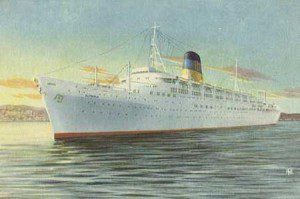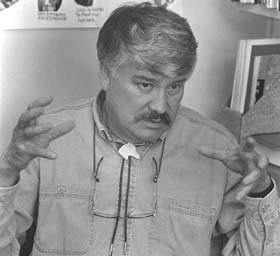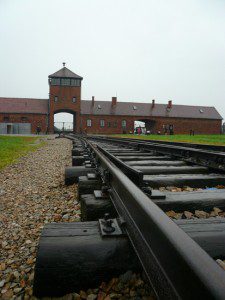
I have listened to it. I have read it. I have asked my friends – both women and men – what they think of it. And because I have a sister, a wife, two daughters and a granddaughter and many female friends of various ages, cultural origins, linguistic backgrounds and religious faiths, in my life, I have agonized over its message.
“Why would Canadians, contrary to our own values, embrace a practice … that is not transparent, that is not open and frankly is rooted in a culture that is anti-women?” Prime Minister Stephen Harper said in Parliament earlier this year, “That is unacceptable to Canadians, unacceptable to Canadian women.” (more…)




